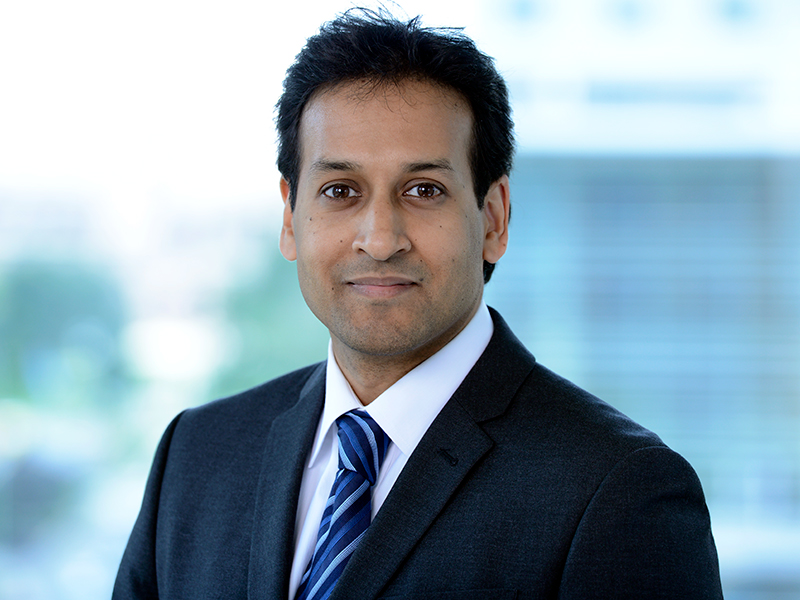Towards a greater understanding of cancer in Ontario
The science of gathering and reporting on cancer burden data in Ontario began nearly a century ago, several years before the organization now known as CCO came into existence.

and Cancer Registry program.
The first statistical reports on cancer were basic. Vital statistics – whether a cancer patient had died – were the only available data at a population level.
This situation began to change in the 1930s. Dr. Alfred Sellers was appointed the first medical statistician with Ontario's health department and, with his mandate, sought a deeper sense of how cancer affects the broader healthcare system.
He and his colleagues recommended the creation of a formal system for capturing data about cancer - not just at the time of death, but also at diagnosis and during treatment.
This was the start of a formal cancer surveillance initiative in Ontario, which today has grown into a sophisticated cancer monitoring system based upon the Ontario Cancer Registry.
Operating the Registry, the province’s database for collecting all cancer cases and cancer-related deaths, remains a foundational part of CCO's work in the cancer system.
The importance of data collection
The data collected and curated by the Registry is essential for understanding the current burden of disease, measuring the quality of care, making decisions related to distributing funds for health resources, and planning future healthcare initiatives in the province. It also supports greater insight through research into cancer.
Using data from the Registry allows us to also monitor cancer patterns and trends before and after the introduction of interventions, such as screening programs or new treatments,. This can help identify what’s working well and where there are gaps in care.
All of this information helps recalibrate our healthcare delivery, which ultimately is expected to benefit patients today and in the future.
As information needs have changed with time, so has our approach for reporting on the state of cancer in Ontario.
My team develops and releases a biennial report called Ontario Cancer Statistics, which provides an ongoing and comprehensive description of the changing burden of cancer in the province. Moreover, new digital tools such as Ontario Cancer Profiles allow our partners in the cancer system and other audiences to generate more user-driven insights by enabling access to open data.
The growing complexity of cancer information
Decades after their landmark work, the breadth of cancer data has become more extensive than Dr. Sellers and his colleagues would have imagined.
Information about patient characteristics and their cancers, from healthcare interactions and their experiences throughout their health journey, help shed light on every aspect of the cancer continuum.
The technology for cancer registration in Ontario has also evolved from manual collection to a mainly automated gathering of data from multiple sources, supported by human decision-making and coding by cancer registrars.
The cancer registration process has also needed to quickly adapt to new data coding standards as our understanding of the disease and its treatment continues to evolve quickly over time.
A more comprehensive understanding
The pace of advancement in cancer registration and surveillance will continue to accelerate as new technologies become available and integrated into our work.
Natural language processing, deep learning through artificial intelligence, and new sources for genetic, molecular and biological data will give us an increasingly comprehensive understanding of how to prevent cancer, manage the disease and better predict its outcome.
As this transformation continues, our future will require that we build partnerships across sectors to allow us to tackle cancer from different perspectives. This is truly an exciting time to be working in the cancer system and undoubtedly a promising future for cancer care.
This blog post is part of our 75th anniversary series on transformations in Ontario healthcare.
Prithwish De is an epidemiologist and the director of the Surveillance and Cancer Registry program at CCO.
Question about this blog post? Email us at publicaffairs@cancercare.on.ca
